Pro-Israeli Sudanese military rulers confiscate alleged assets of Hamas
Amid growing ties between Khartoum and the Israeli regime, Sudan's military rulers have confiscated and taken control of all assets that they claimed to have provided backing for the Palestinian resistance Hamas movement on its soil.
The seized assets detailed by a Sudanese official and Western intelligence sources allegedly included real estate, company shares, a hotel in a prime Khartoum location, an exchange bureau, a TV station and more than a million acres of farmland.
Sudan's military rulers have also stopped all transfers of funds to Hamas and to the accounts of companies and individuals working for it, they said.
This came after the United States gave Sudan a list of companies allegedly linked to Hamas to shut down.
The takeover of at least a dozen companies that officials say were linked to Hamas has helped accelerate Sudan’s realignment with the West and the Israeli regime, Western news agencies said.
A former US diplomat who worked on Sudan under the former administration of President Donald Trump said shutting down the Hamas network was a focus in negotiations with Khartoum.
"We were pushing on an open door," the source was quoted as saying.
Over the past two years, Khartoum has won removal from the US state sponsors of terrorism (SST) list and is on course for relief of more than $50 billion in debt.
Last year, under pressure from the US, Sudan joined the United Arab Emirates and Bahrain in agreeing to normalize ties with Israel.
The seizure of alleged Hamas assists comes just weeks after Israel's deadly onslaught against the Gaza Strip. The escalation of Israel's violations in the occupied West Bank also indicates that some Arab states are no longer bound by the Palestinian cause.
Palestinians have been fighting an uphill battle against the Israeli occupation for decades. Things are perhaps tougher today as several Arab states are undermining the Palestinian cause by moving closer to Israel.
The Palestinian issue was once a unifying cause among Arab countries but Israel, backed by the United States, has apparently managed to divide the Arab states more than ever.
Israel has been especially thankful to the United States, for pushing the UAE, Bahrain, Morocco, and Sudan, to normalize ties with Tel Aviv.
In response to the report, Hamas spokesman Sami Abu Zuhri on Thursday rejected the claims of the Palestinian resistance movement's investment in Sudan, but acknowledged the impact of political developments.
"Unfortunately, a series of developments and unfolding incidents have weakened Hamas' presence in Sudan, and Hamas' political relations with the country are currently limited and dropped to the lowest level," he said.
The African country is currently ruled by a transitional government dominated by military representatives that was installed in the aftermath of the ouster of president Omar al-Bashir in a palace coup two years ago.
The Sudanese junta and Rapid Support Forces (RSF), which a has history of brutality and impunity in Darfur and elsewhere, played a key role in curbing the popular civilian protests and the post-coup events.
Protesters have been calling for the resignation of the transitional government.
Sudan authorities earlier this week said that they had thwarted an attempted coup in the early hours of Tuesday, after containing “a limited number of people involved” in the putsch.
They said the plotters had attempted to take over the state radio in Omdurman, across the river Nile from Khartoum, but "they failed.”
A senior military source said a group of officers associated with the overthrown administration of al-Bashir “were involved in the attempt but were immediately suspended."
Commenting on the alleged coup attempt, Abdel Bari Atwan, the editor-in-chief of London-based Rai al-Youm, in an analysis on Thursday wrote that the claim of the failed coup had been “fake” and was “fabricated” to win the West's sympathy.
"Information about the coup is scarce and comes from a single source, the current military regime and its spokesman," he wrote.
Atwan quoted a professional journalist in Khartoum, who described the coup as "completely fabricated" like the seven attempts previously claimed by the current military regime.
According to the Atwan, the situation across Sudan keeps worsening since Sudan surrendered its weapons to the US-led camp in the last days of Bashir's rule, and its misfortunes escalated with the Sudanese junta "flirting" with the Zionist regime.
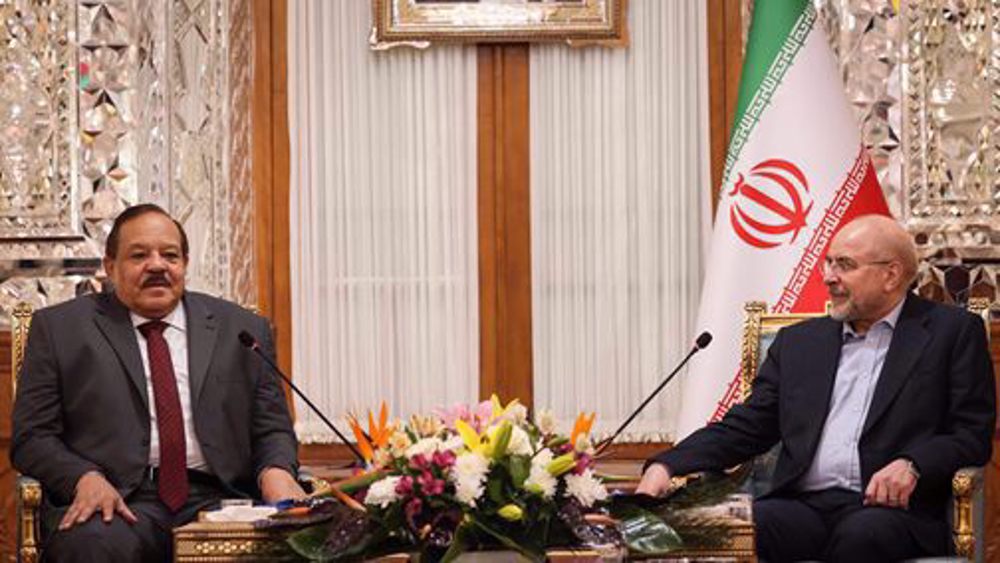
Iran urges establishment of stability, sovereignty in Sudan: Qalibaf
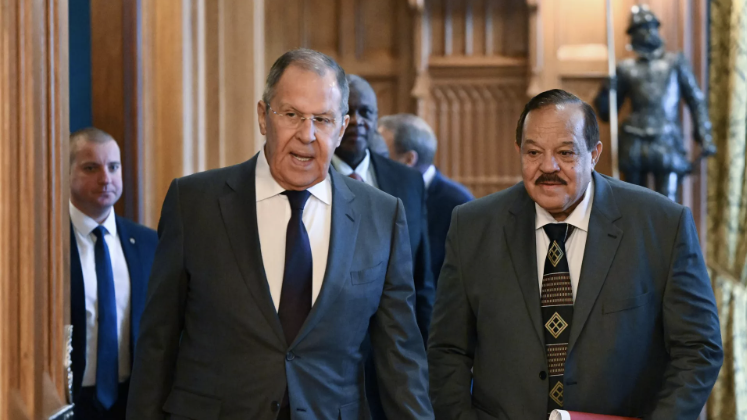
Russia secures agreement for naval base in Sudan
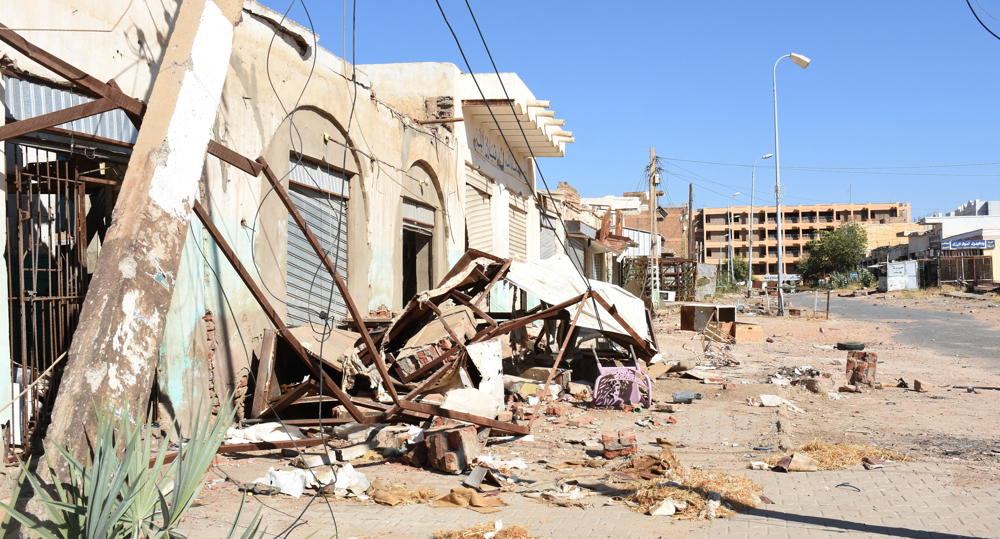
ICC seeks arrest warrants over alleged war crimes in Sudan’s Darfur
Israeli cabinet allows military to call up 400,000 reservists
Iran as hub of technical and engineering services
VIDEO | Press TV's News Headlines
Trump-Zelensky ‘shouting match’ shows how US props up and discards ‘allies’
Norwegian fuel giant halts sales to US after Trump-Zelensky showdown
Hamas urges Arab summit to uphold rejection of displacement plots
VIDEO | Pro-Palestinians take over outside Israeli embassy in Washington for iftar
VIDEO | Hundreds rally in Vienna to demand new election, accuse govt. of 'deception'



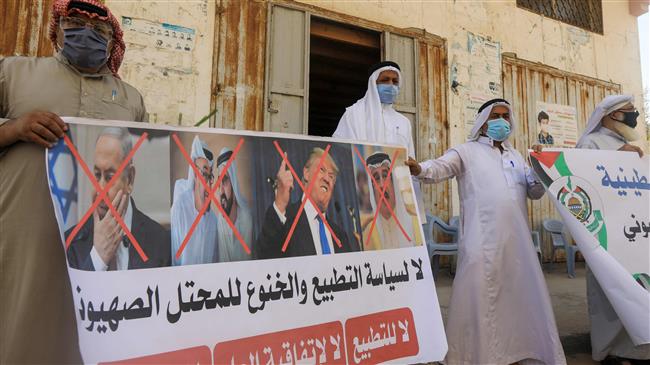
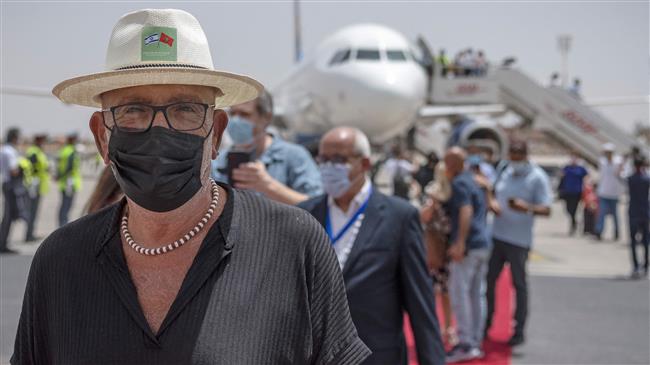
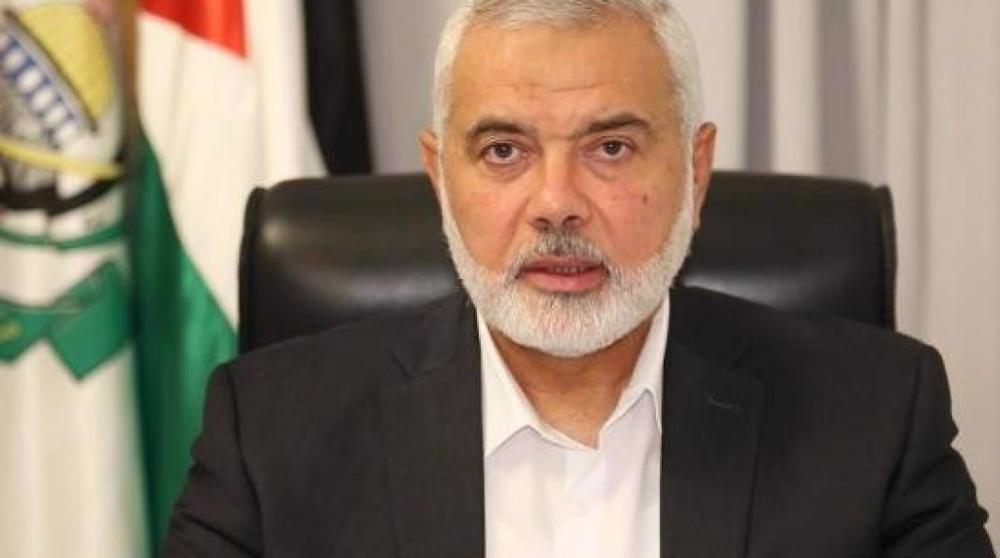
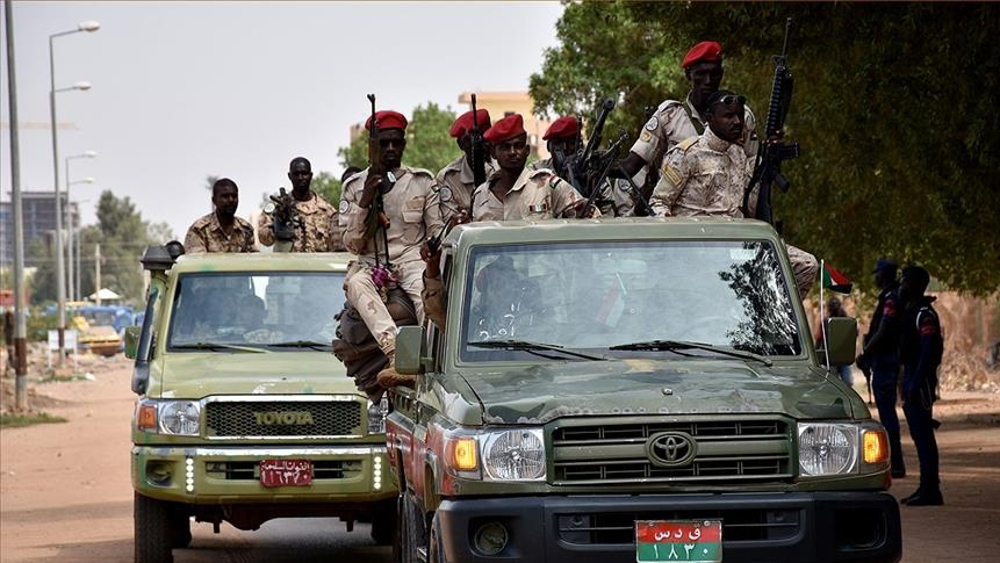




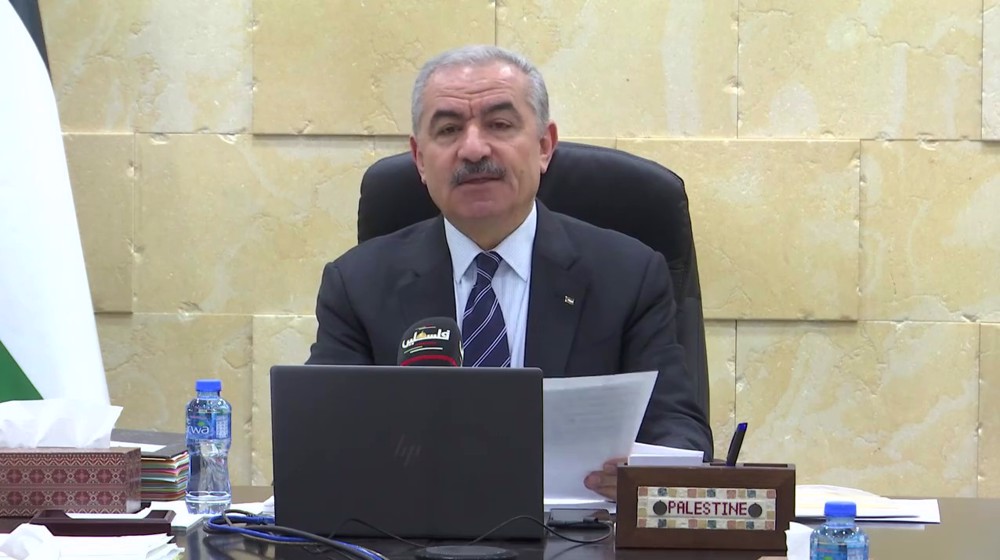
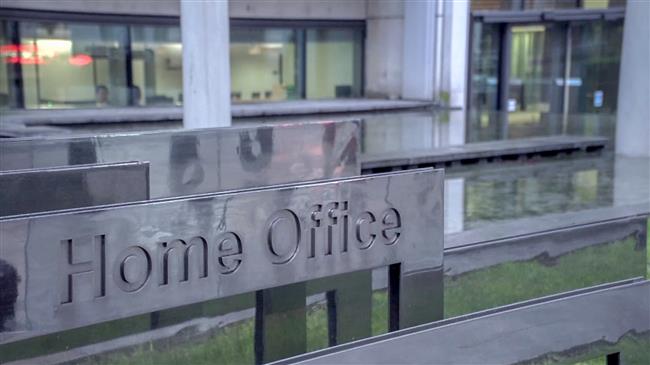
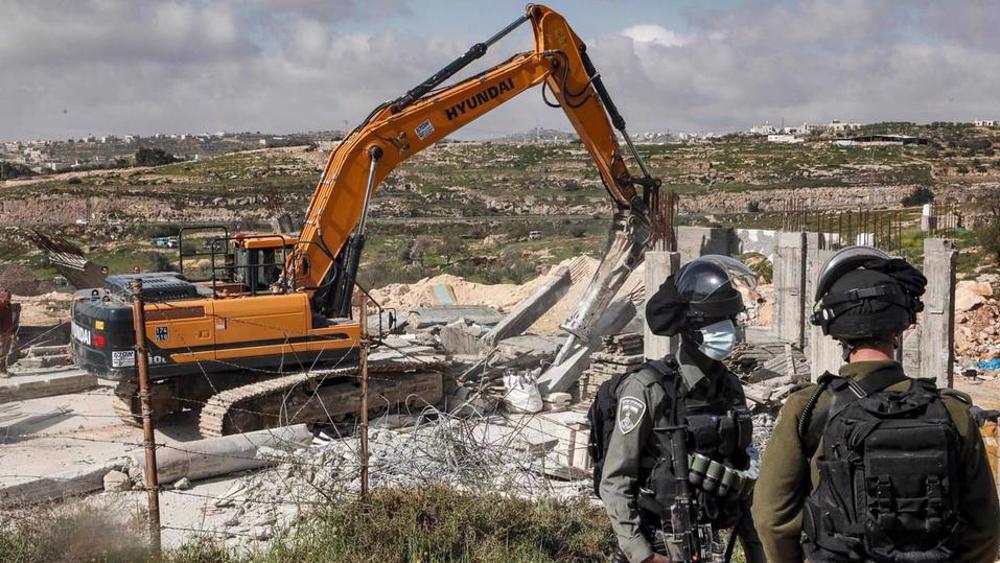
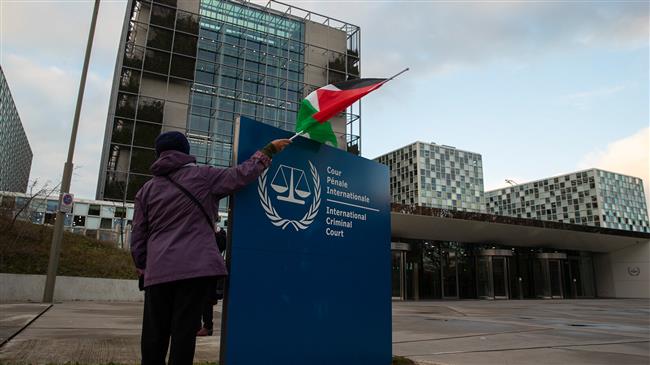
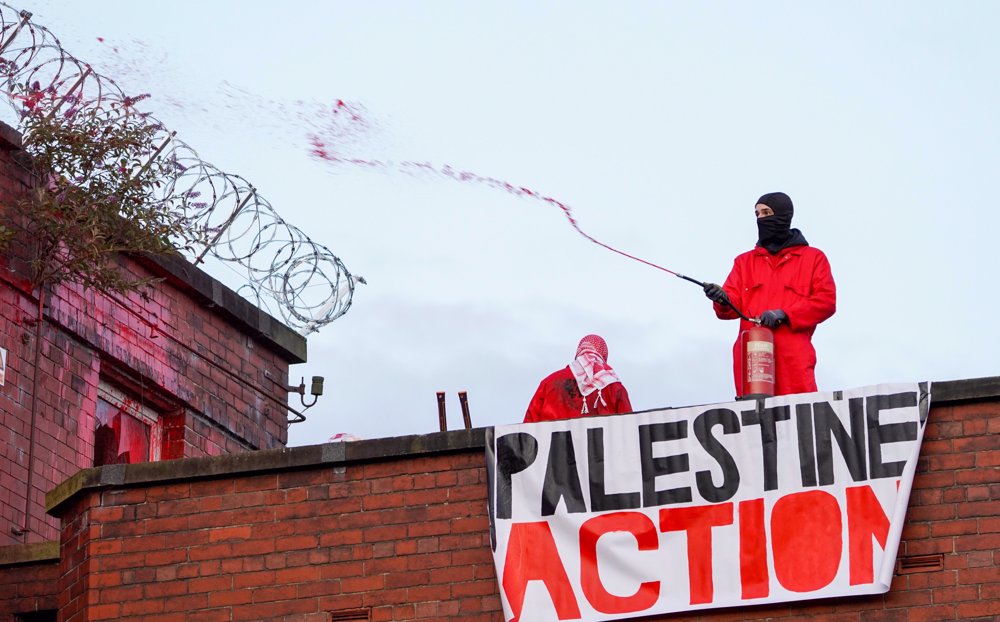
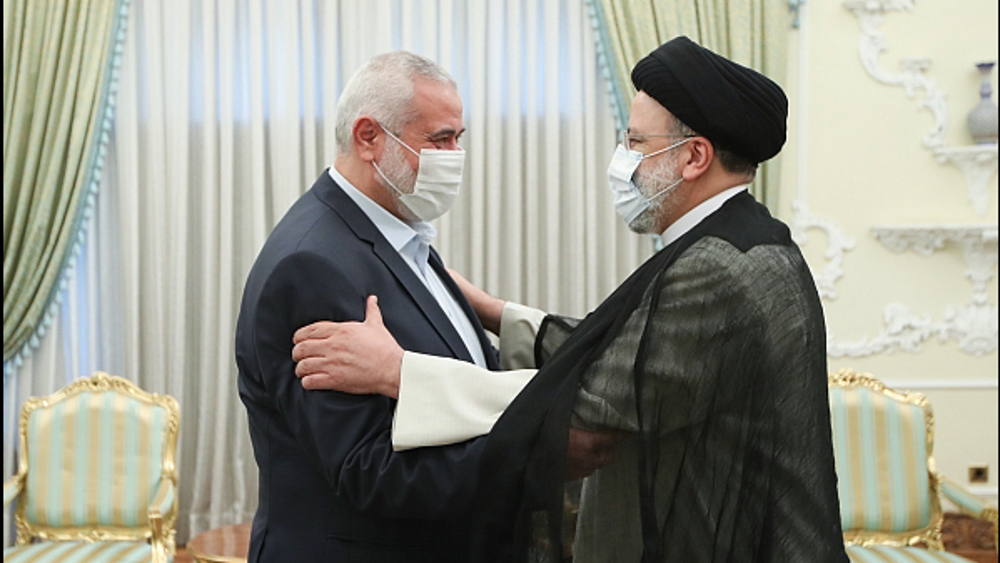

 This makes it easy to access the Press TV website
This makes it easy to access the Press TV website